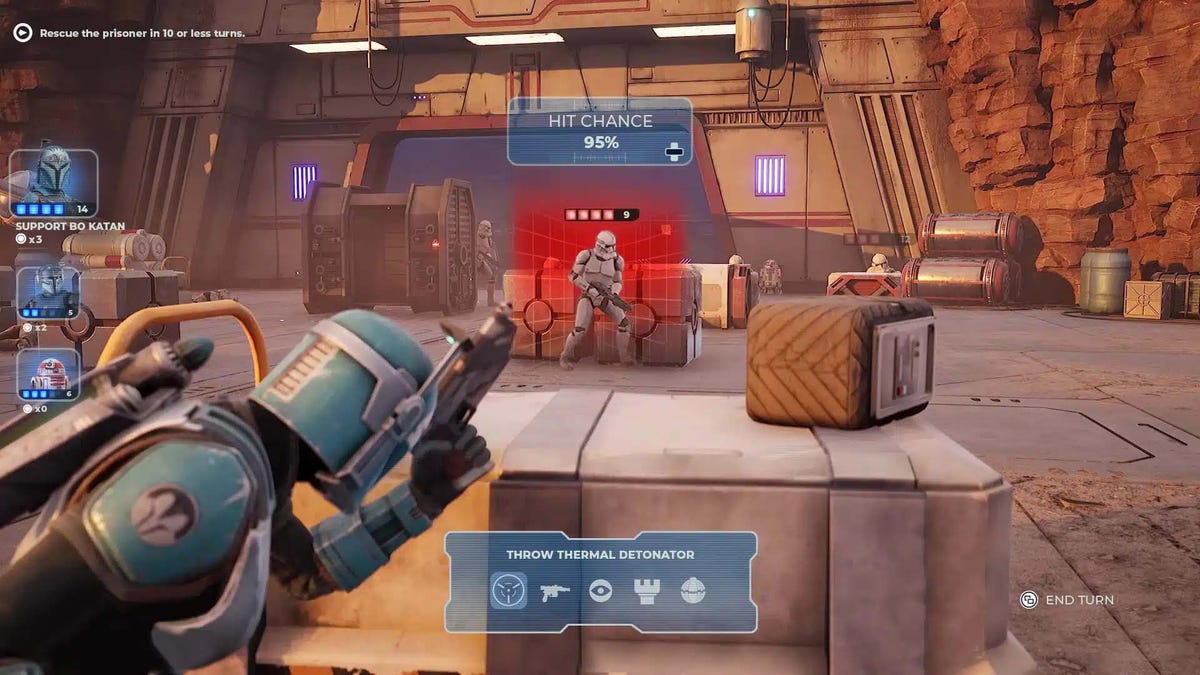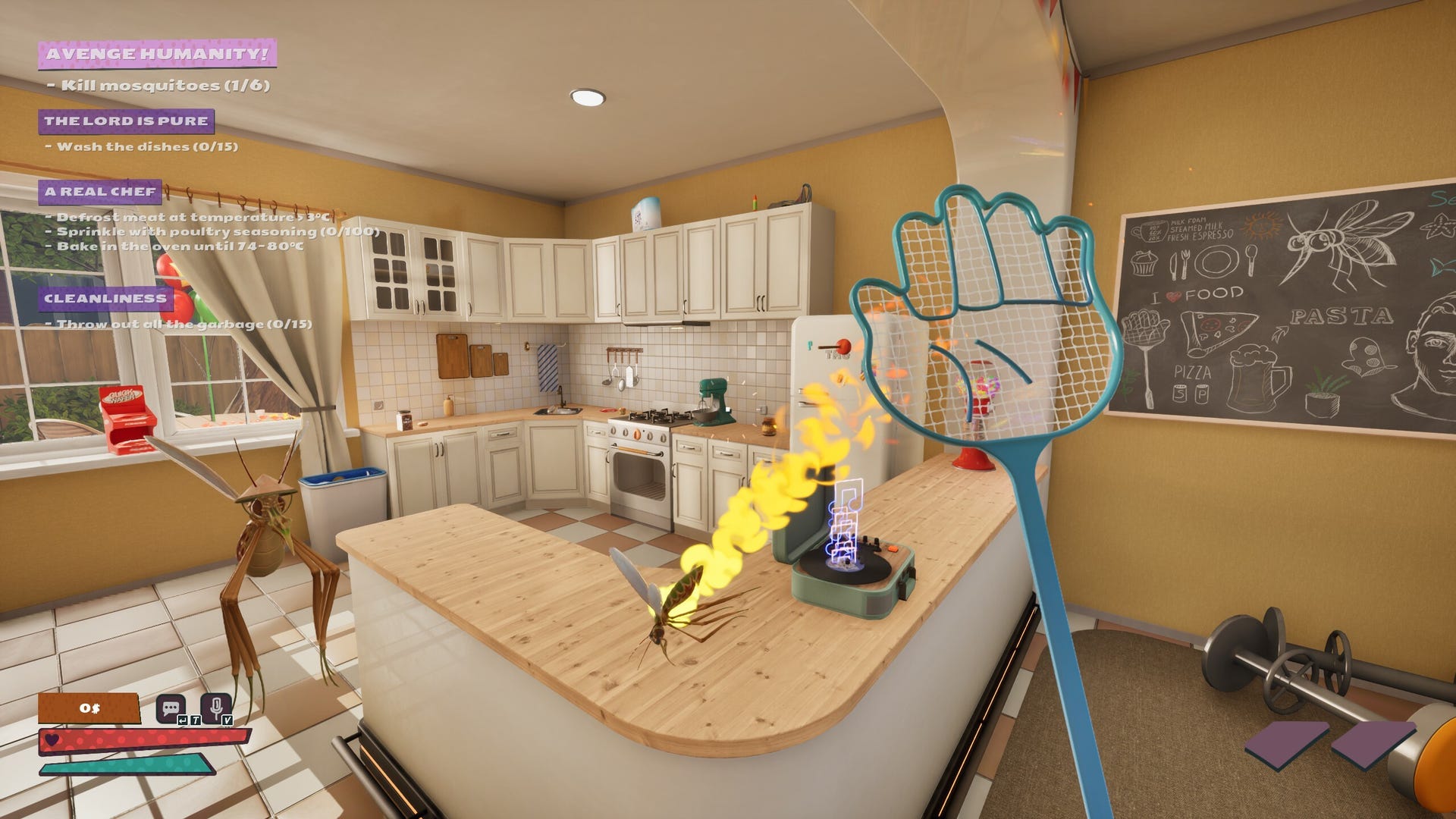Beyond HTML & CSS: 15+ Frontend Niches to Level Up Your Career
Frontend development is diverse and full of exciting niches. Choosing one can significantly enhance your career path. As a Senior Software Engineer, here's a quick guide I wrote, to help you find your fit: 1. Web Performance Specialist Performance specialists are responsible for ensuring the site/app runs fast and delivers a smooth user experience. Google Core Web Vital flags are important metrics, along with Chrome DevTools, Lighthouse audits, and performance monitoring. Expect a deep dive into performance metrics. 2. Web Animation & Interaction Engineer These engineers are responsible for creating engaging, interactive animations and user experiences. CSS animations, GSAP, or Three.js libraries are examples. Anticipate creative and interactive challenges, animated tours, and complex/unique frontend tasks. 3. Frontend Testing & QA Automation Lead Folks specializing in this domain are highly experienced in automated frontend testing to deliver bug-free apps. Jest, Cypress, Playwright, and other automated testing frameworks are commonly used. Expect meticulous testing, risk mitigation, and documentation. 4. Design Systems / UX / Visual Engineer Mostly, they are the "CSS Gurus" of the team. They are responsible for building consistent UI/UX component libraries and visual guidelines. Storybook, Figma design tokens, custom theming, CSS layers, and specificity are their strongholds. Expect a lot of collaboration with design teams. 5. Web Accessibility (a11y) Specialist An accessibility engineer’s job is to ensure websites are inclusive and accessible to everyone. They are deeply knowledgeable about different compliance protocols, e.g., WCAG, Section 508, etc. They audit, fix, and implement accessibility features in websites and apps. 6. Frontend Infrastructure / Tooling Engineer In my opinion, these engineers tackle some of the hardest challenges in frontend, mostly revolving around infrastructure. They work with packages, bundlers, build systems, CI/CD processes, and the JS ecosystem in general. Webpack, Vite, CI/CD tools like GitHub Actions, etc., are their specialties. Expect complex challenges, e.g., project migrations to the latest version. 7. Web Security / CSP Expert A very specialized niche - these folks help secure frontend apps against different types of attacks. They implement robust security policies and protect against vulnerabilities. Deep knowledge and experience in OWASP, CSP, vulnerability testing, and JS offline testing is required. Expect proactive security and risk management. 8. Internationalization (i18n) Expert These engineers manage multilingual app capabilities and regional adaptations for websites. Integrating and managing localization libraries (e.g., ngx-translate), maintaining language packs (e.g., JSON files), RTL layouts, pluralization rules, and date/time/currency formatting are some of the things they actively handle. 9. Progressive Web Apps (PWA) Specialist This specialized niche involves expertise in creating web apps with native-like features, offline support, service workers, offline caching strategies, and notifications. Expect cross-platform, engaging projects. 10. No-Code / Low-Code Platform Expert A relatively popular niche, these engineers use platforms such as Webflow, Bubble, Framer, etc., to quickly prototype and build websites. The no-code platforms specifically use AI-agentic development under the hood, so prompt engineering is used for such cases. 11. HTML Email Template Expert A somewhat complex niche—email templating experts design and develop compatible, responsive HTML email templates that work across all clients (new and legacy). Ensuring proper CSS support, managing email client quirks, inline styling, and working around browser limitations are their focus points. 12. Figma-to-HTML / Landing Page Specialist A very lucrative and popular niche - these engineers are behind some of the best websites on the internet. They are experts in converting design mockups (e.g., from Figma, Sketch, etc.) into responsive HTML/CSS, ensuring pixel-perfect implementation across various devices and resolutions. 13. Enterprise Frontend System Design Expert These engineers are mostly seen in lead positions. They are responsible for architecting complex, scalable frontend solutions. They have strong knowledge and experience in state management, mono-repos, module federation, micro-frontends, modularity, and scalability patterns. Expect challenging architectural tasks. 14. Real-Time Communication / WebRTC Specialist A highly specialized niche—these engineers develop interactive, real-time apps using WebRTC/WebSockets. They often work closely with desktop application developers. They are experts in WebRTC APIs, signaling, chat applications, and audio/video platforms. Expect performance-intensive, interactive projects

Frontend development is diverse and full of exciting niches. Choosing one can significantly enhance your career path.
As a Senior Software Engineer, here's a quick guide I wrote, to help you find your fit:
1. Web Performance Specialist
Performance specialists are responsible for ensuring the site/app runs fast and delivers a smooth user experience. Google Core Web Vital flags are important metrics, along with Chrome DevTools, Lighthouse audits, and performance monitoring. Expect a deep dive into performance metrics.
2. Web Animation & Interaction Engineer
These engineers are responsible for creating engaging, interactive animations and user experiences. CSS animations, GSAP, or Three.js libraries are examples. Anticipate creative and interactive challenges, animated tours, and complex/unique frontend tasks.
3. Frontend Testing & QA Automation Lead
Folks specializing in this domain are highly experienced in automated frontend testing to deliver bug-free apps. Jest, Cypress, Playwright, and other automated testing frameworks are commonly used. Expect meticulous testing, risk mitigation, and documentation.
4. Design Systems / UX / Visual Engineer
Mostly, they are the "CSS Gurus" of the team. They are responsible for building consistent UI/UX component libraries and visual guidelines. Storybook, Figma design tokens, custom theming, CSS layers, and specificity are their strongholds. Expect a lot of collaboration with design teams.
5. Web Accessibility (a11y) Specialist
An accessibility engineer’s job is to ensure websites are inclusive and accessible to everyone. They are deeply knowledgeable about different compliance protocols, e.g., WCAG, Section 508, etc. They audit, fix, and implement accessibility features in websites and apps.
6. Frontend Infrastructure / Tooling Engineer
In my opinion, these engineers tackle some of the hardest challenges in frontend, mostly revolving around infrastructure. They work with packages, bundlers, build systems, CI/CD processes, and the JS ecosystem in general. Webpack, Vite, CI/CD tools like GitHub Actions, etc., are their specialties. Expect complex challenges, e.g., project migrations to the latest version.
7. Web Security / CSP Expert
A very specialized niche - these folks help secure frontend apps against different types of attacks. They implement robust security policies and protect against vulnerabilities. Deep knowledge and experience in OWASP, CSP, vulnerability testing, and JS offline testing is required. Expect proactive security and risk management.
8. Internationalization (i18n) Expert
These engineers manage multilingual app capabilities and regional adaptations for websites. Integrating and managing localization libraries (e.g., ngx-translate), maintaining language packs (e.g., JSON files), RTL layouts, pluralization rules, and date/time/currency formatting are some of the things they actively handle.
9. Progressive Web Apps (PWA) Specialist
This specialized niche involves expertise in creating web apps with native-like features, offline support, service workers, offline caching strategies, and notifications. Expect cross-platform, engaging projects.
10. No-Code / Low-Code Platform Expert
A relatively popular niche, these engineers use platforms such as Webflow, Bubble, Framer, etc., to quickly prototype and build websites. The no-code platforms specifically use AI-agentic development under the hood, so prompt engineering is used for such cases.
11. HTML Email Template Expert
A somewhat complex niche—email templating experts design and develop compatible, responsive HTML email templates that work across all clients (new and legacy). Ensuring proper CSS support, managing email client quirks, inline styling, and working around browser limitations are their focus points.
12. Figma-to-HTML / Landing Page Specialist
A very lucrative and popular niche - these engineers are behind some of the best websites on the internet. They are experts in converting design mockups (e.g., from Figma, Sketch, etc.) into responsive HTML/CSS, ensuring pixel-perfect implementation across various devices and resolutions.
13. Enterprise Frontend System Design Expert
These engineers are mostly seen in lead positions. They are responsible for architecting complex, scalable frontend solutions. They have strong knowledge and experience in state management, mono-repos, module federation, micro-frontends, modularity, and scalability patterns. Expect challenging architectural tasks.
14. Real-Time Communication / WebRTC Specialist
A highly specialized niche—these engineers develop interactive, real-time apps using WebRTC/WebSockets. They often work closely with desktop application developers. They are experts in WebRTC APIs, signaling, chat applications, and audio/video platforms. Expect performance-intensive, interactive projects.
15. Frontend Data Visualization Expert
These engineers mostly work in domains requiring data-intensive frontend applications (e.g., stock/trading apps). They create interactive, data-rich visualizations using libraries like D3.js, Chart.js, Highcharts, etc. They are masters of high-data performance optimization techniques. Expect to work with many charts and visual elements.
16. AR/VR Web Developer (WebXR Specialist)
An emerging and growing niche—these engineers specialize in building immersive augmented and virtual reality web experiences. Libraries such as WebXR, Three.js, AR.js, and A-Frame are commonly used. Concepts like geolocation, spatial audio, and gaze-based interaction are essential. Expect innovative, cutting-edge projects.
17. Frontend / UI Architect
The cream of the crop - these engineers are mostly at staff/leadership positions. They are one step beyond enterprise system design experts, as they define and manage overall UI architecture and frontend best practices. They have extensive knowledge of modern frameworks, UI patterns, and technical leadership. Expect strategic decision-making responsibilities and close coordination with management, stakeholders, and product managers.
Closing Remarks:
There might be even more niches than the ones listed above. As you can see, frontend engineering is more than just knowing HTML/CSS and JavaScript. Choose a niche aligned with your passion and strengths, and boost your career. Start exploring today, but don't get overwhelmed or try to do everything! Take it easy. In time, you'll find your passion.
Happy Coding!























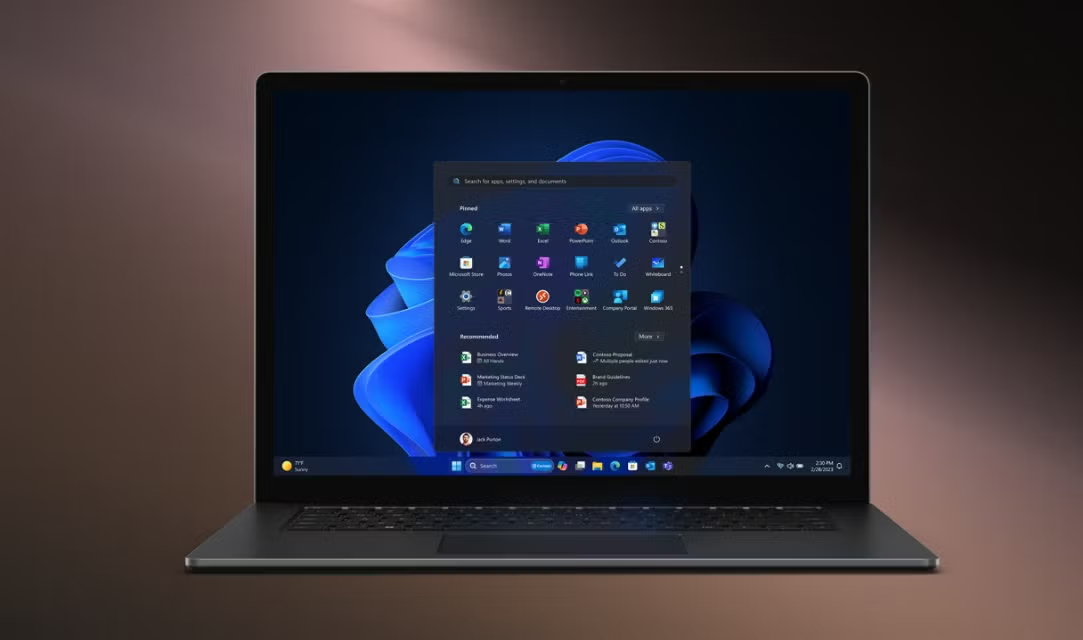







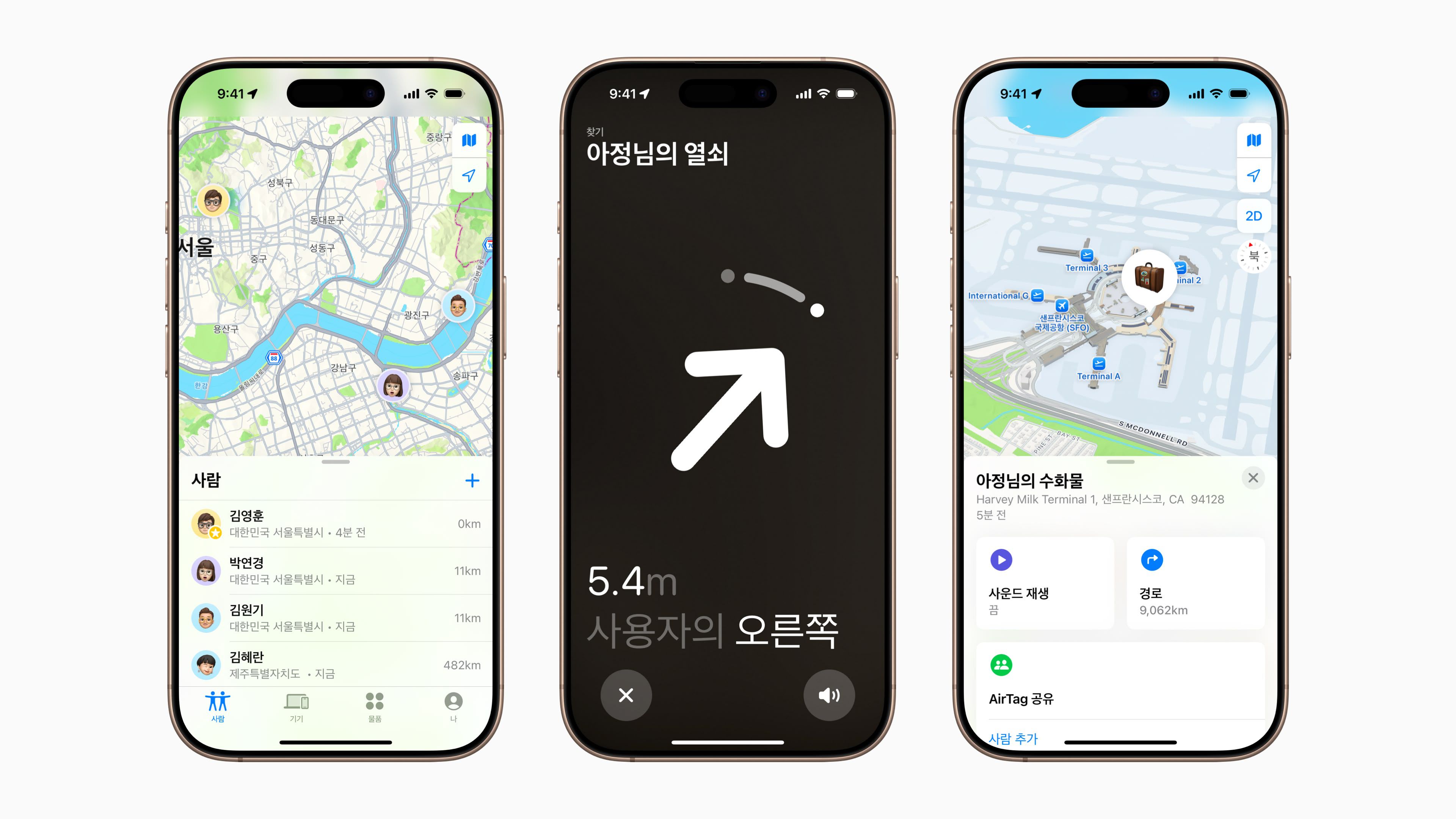


































![Apple Watch Series 10 Prototype with Mystery Sensor Surfaces [Images]](https://www.iclarified.com/images/news/96892/96892/96892-640.jpg)
























































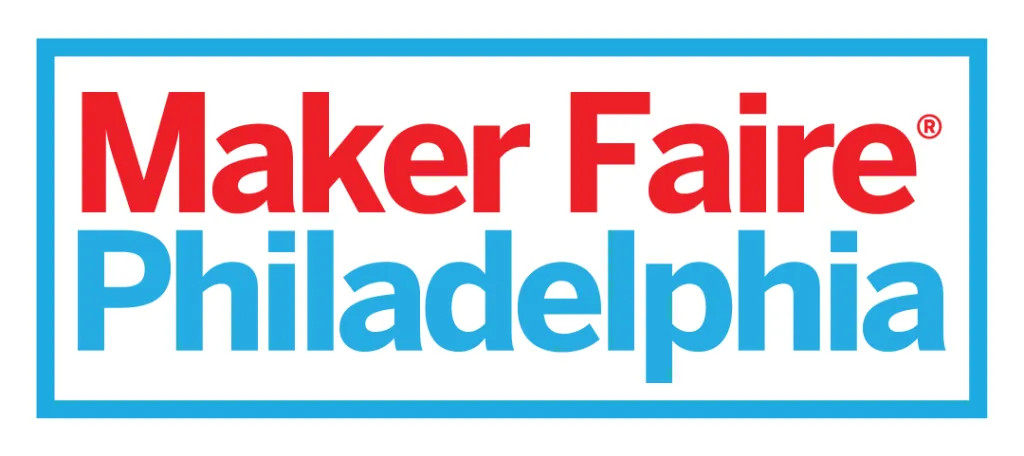



















































_Andrew_Angelov_Alamy.jpg?#)
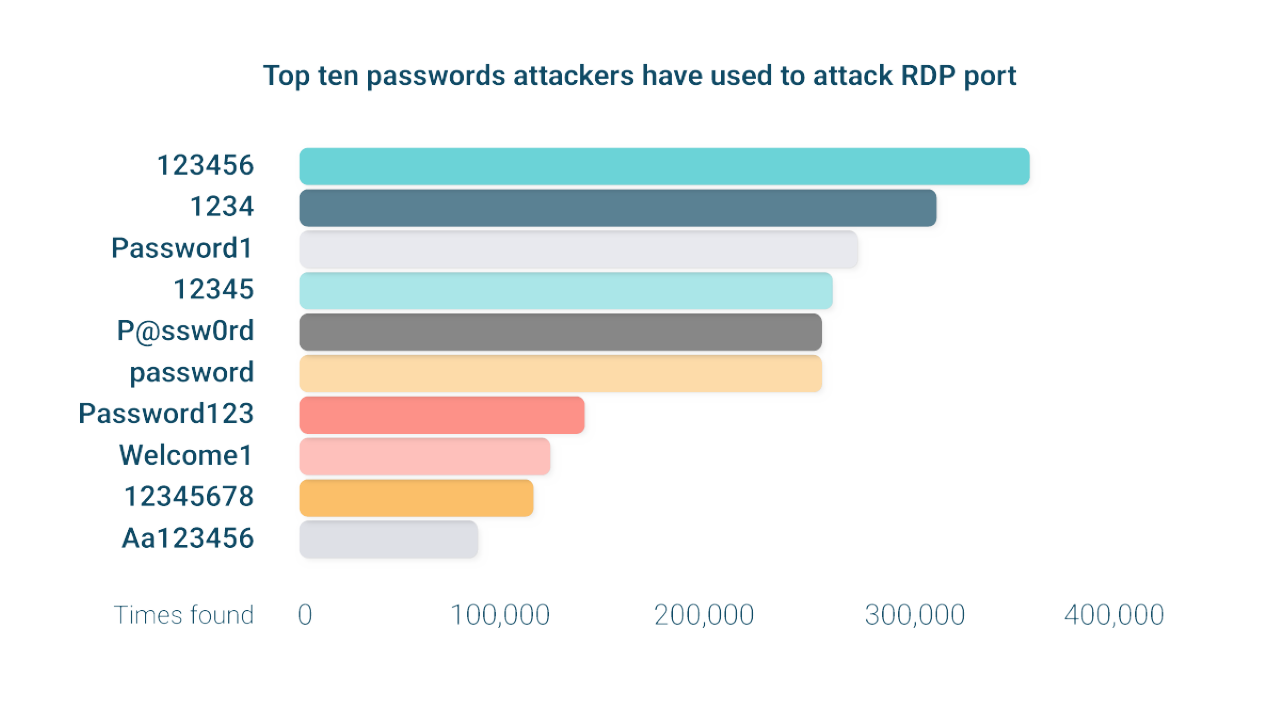










































































![[The AI Show Episode 142]: ChatGPT’s New Image Generator, Studio Ghibli Craze and Backlash, Gemini 2.5, OpenAI Academy, 4o Updates, Vibe Marketing & xAI Acquires X](https://www.marketingaiinstitute.com/hubfs/ep%20142%20cover.png)
























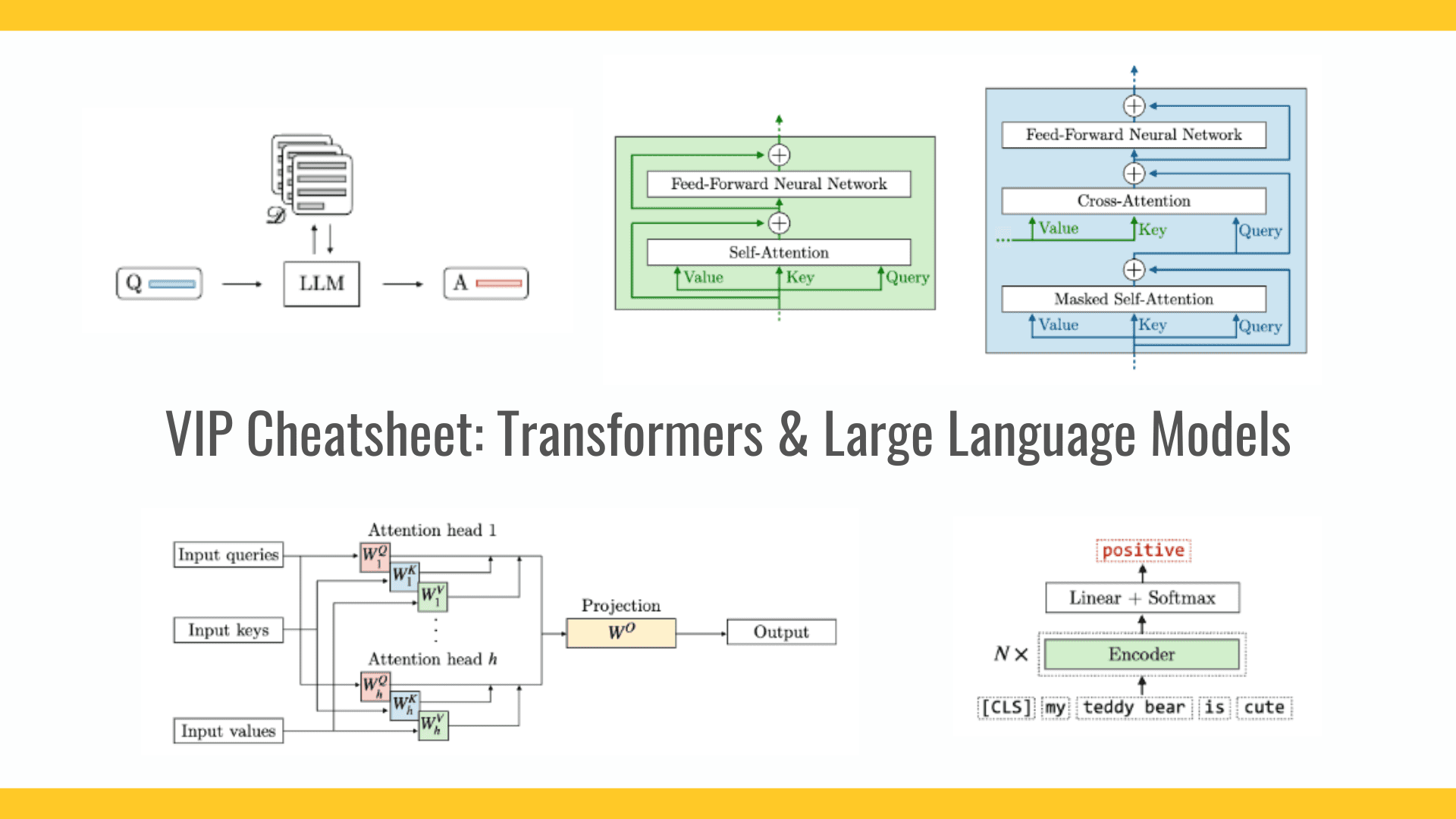































































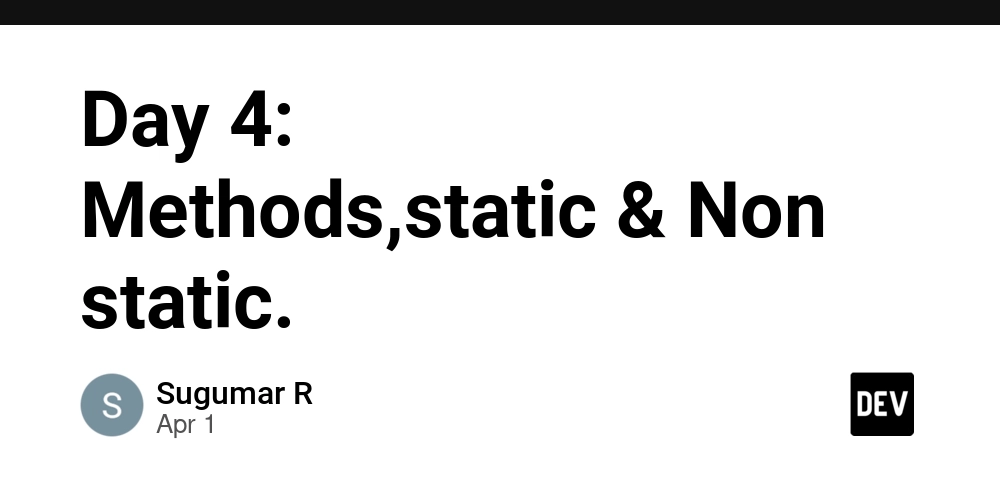
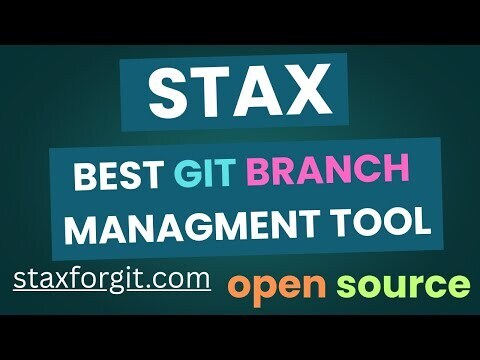
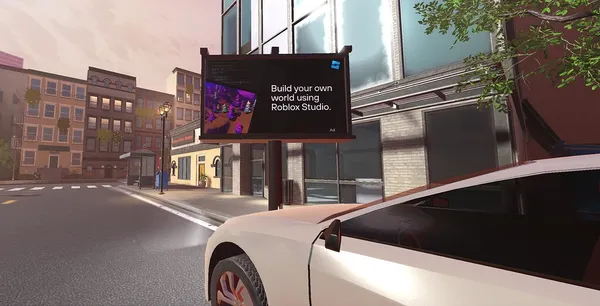
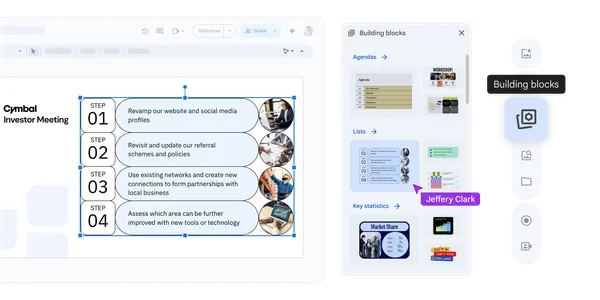

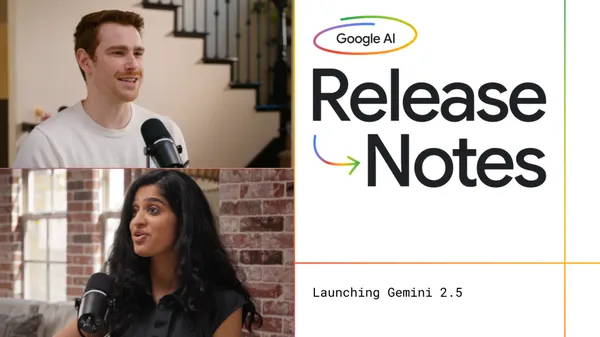















![Is this a suitable approach to architect a flutter app? [closed]](https://i.sstatic.net/4hMHGb1L.png)








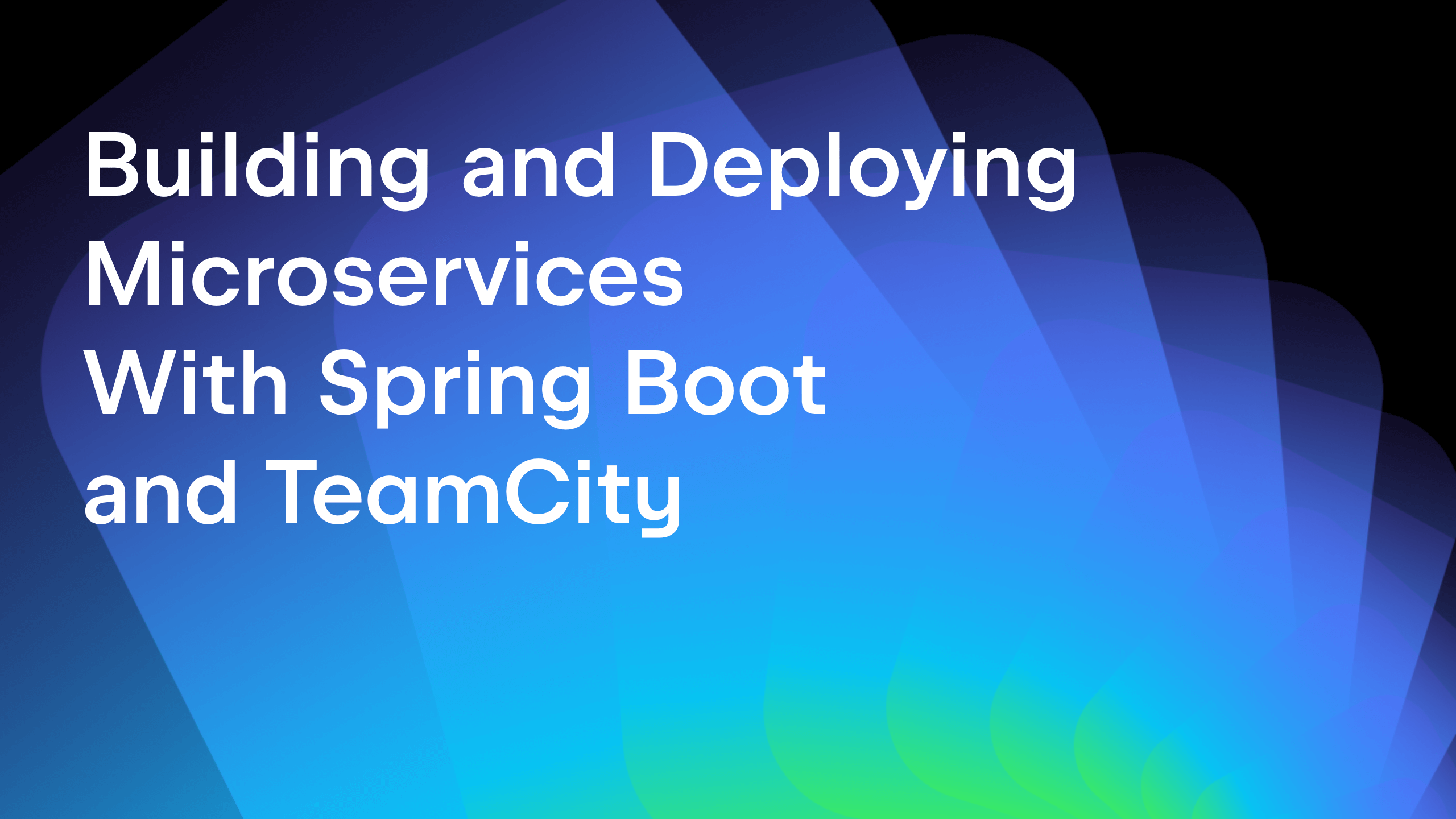








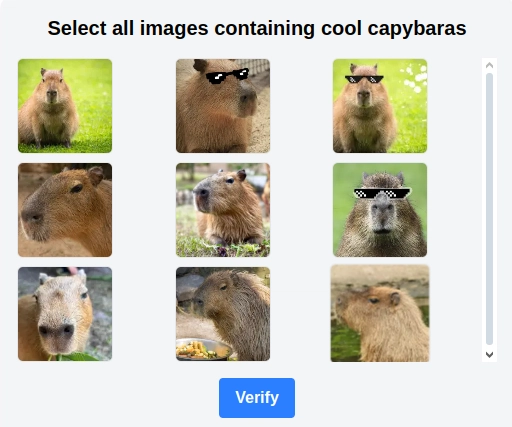

![From broke musician to working dev. How college drop-out Ryan Furrer taught himself to code [Podcast #166]](https://cdn.hashnode.com/res/hashnode/image/upload/v1743189826063/2080cde4-6fc0-46fb-b98d-b3d59841e8c4.png?#)

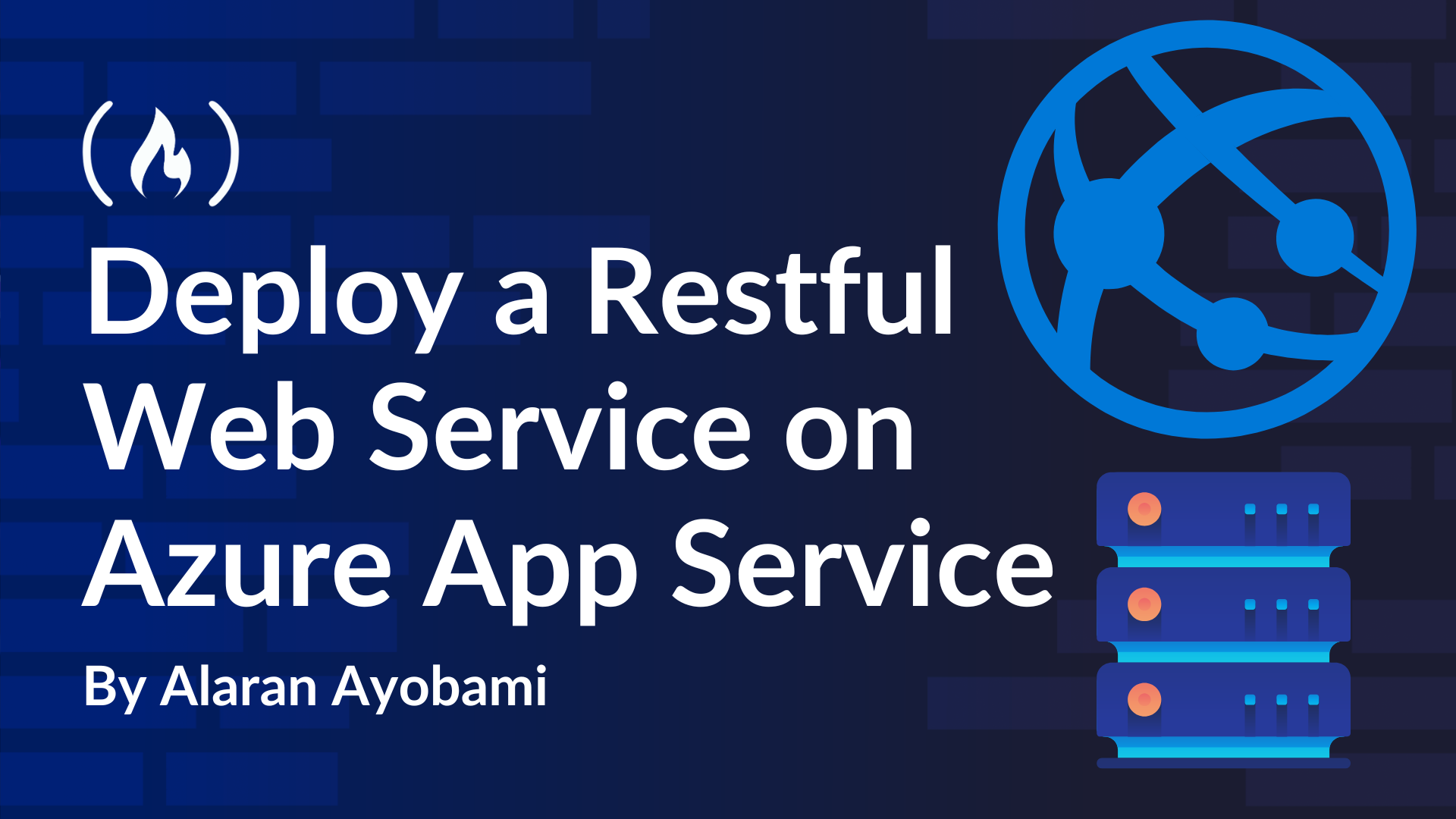

























-1280x720.jpg?width=1920&height=1920&fit=bounds&quality=80&format=jpg&auto=webp#)



















